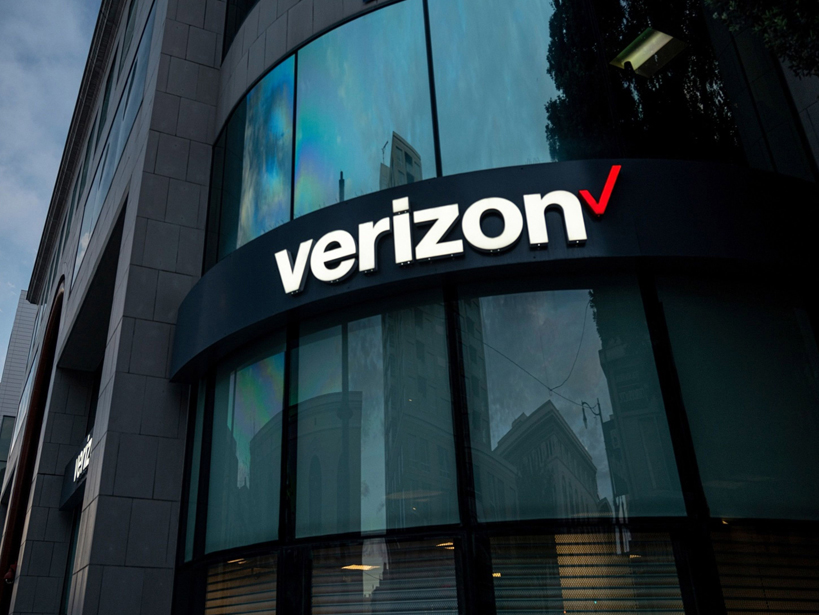In a significant move for the U.S. telecommunications industry, U.S. Cellular announced the sale of select spectrum assets to Verizon Communications in a deal valued at $1 billion. This agreement comes as the latest development in the highly competitive wireless landscape, where control over spectrum—the invisible radio frequencies that power wireless communication—is crucial. This sale is not only notable for the financial value, but also for its strategic importance to both U.S. Cellular and Verizon, as well as its broader implications for the telecommunications industry and consumers.
What Is Spectrum, and Why Is It Important? Spectrum refers to the range of electromagnetic frequencies used to transmit data wirelessly, including radio, television, and cellular signals. In the age of 5G and increasingly data-hungry applications, spectrum is a scarce and highly valuable resource. The Federal Communications Commission (FCC) regulates spectrum allocation, and companies often compete fiercely for licenses to use particular bands of spectrum in order to enhance network performance and expand coverage.
For wireless carriers, spectrum is akin to real estate in the digital age, without sufficient bandwidth, they can’t provide fast, reliable services to customers. More spectrum allows carriers to offer greater data speeds, accommodate more users, and improve service quality, particularly in densely populated urban areas where demand is highest.
U.S. Cellular, the fourth-largest wireless carrier in the U.S., has historically served smaller markets and rural areas. Despite maintaining a loyal customer base, the company has faced increased competition from larger players like Verizon, AT&T, and T-Mobile. These giants have greater resources to invest in their networks and more spectrum to deploy faster services like 5G. U.S. Cellular’s relatively limited spectrum holdings, coupled with its focus on regional markets, have constrained its ability to compete on a national scale.
By selling off select spectrum assets to Verizon, U.S. Cellular is likely executing a strategic retreat. This move will provide the company with a significant cash infusion, which could be reinvested in improving its network in key markets, paying down debt, or focusing on niche areas where it can maintain a competitive advantage. However, it also signals a recognition that competing with the largest wireless carriers across the entire U.S. may no longer be a feasible strategy for the company.
For Verizon, the acquisition of U.S. Cellular’s spectrum is a crucial addition to its arsenal, particularly as the race to dominate the 5G market intensifies. Verizon has been aggressively building out its 5G network to cover more of the U.S., and the additional spectrum will help the company improve its capacity, especially in areas where demand for high-speed mobile services is surging.
In particular, spectrum in the mid-band range is seen as the sweet spot for 5G deployment because it offers a good balance between coverage and capacity. Verizon has already invested heavily in expanding its 5G network, and this acquisition is expected to bolster its ability to offer faster and more reliable services to a growing number of customers.
Moreover, the deal could give Verizon a competitive edge in rural and underserved areas. While Verizon already has a strong presence in urban markets, U.S. Cellular’s spectrum holdings in less densely populated regions could enable Verizon to extend its 5G coverage more effectively in those areas. This could attract more rural customers, further cementing Verizon’s dominance in the national wireless market.
The sale of U.S. Cellular’s spectrum assets to Verizon is part of a broader trend in the telecommunications industry toward consolidation and spectrum reallocation. As wireless carriers continue to roll out 5G, access to spectrum is becoming more important than ever, and companies that cannot afford to keep up with these investments may be forced to divest valuable assets.
This trend raises important questions about competition and consumer choice. With fewer players controlling a larger share of spectrum, there are concerns that smaller carriers will struggle to survive or be acquired by larger ones, potentially reducing competition in the long term. This could lead to higher prices or fewer choices for consumers, especially in rural or underserved areas.
On the other hand, deals like the one between U.S. Cellular and Verizon could also result in better service for customers. By concentrating spectrum in the hands of companies that have the resources to deploy it effectively, the overall quality of mobile networks may improve, benefiting consumers with faster speeds and more reliable service.
The deal between U.S. Cellular and Verizon still requires approval from the FCC, which will review the transaction to ensure it complies with regulations and does not harm competition. Assuming the deal is approved, it will likely set the stage for further consolidation and spectrum reshuffling in the telecommunications sector.
For U.S. Cellular, the sale represents a turning point. The company will have to focus on how to best leverage its remaining assets to maintain its market presence, especially in its core rural and regional markets. For Verizon, the acquisition strengthens its 5G ambitions and positions it to remain a dominant player in the wireless landscape for years to come.
U.S. Cellular’s sale of these spectrum assets is a significant development in the telecommunications industry. It highlights the critical role that spectrum plays in the future of mobile communication, and it reflects the strategic decisions that companies must make as they navigate an increasingly competitive and capital-intensive market.


